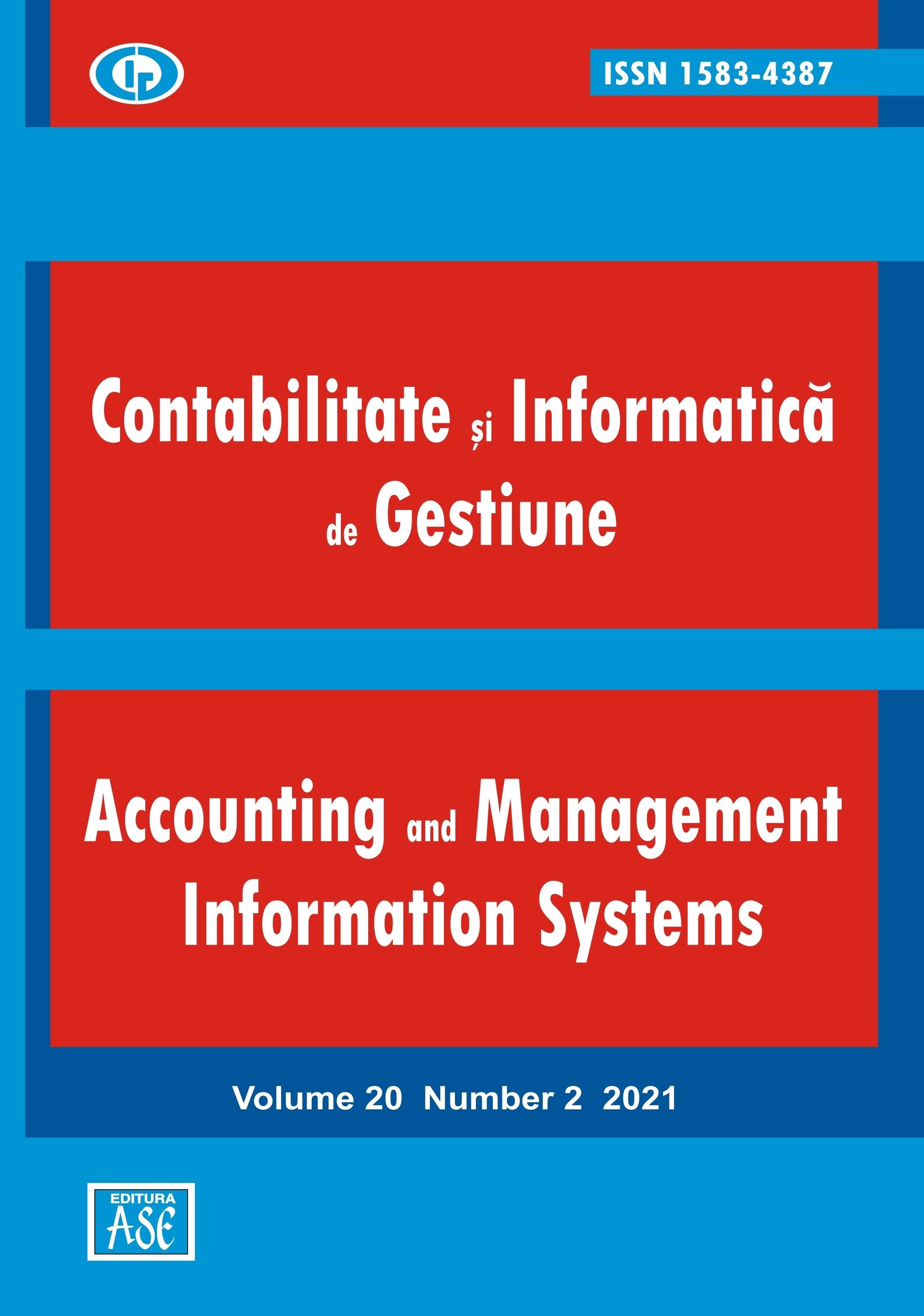Institutional isomorphism, self-organisation and the adoption of management controls
Institutional isomorphism, self-organisation and the adoption of management controls
Author(s): Joshua Mandre, Joseph M. Ntayi, Levi B. Kabagambe, James KagaariSubject(s): Accounting - Business Administration
Published by: EDITURA ASE
Keywords: adoption; management control; self-organisation; institutional theory;
Summary/Abstract: Research Question: The purpose of this study is to examine whether self-organisation mediates the relationship between institutional isomorphism and the adoption of management controls. Motivation: Research on institutions has tended to emphasize how organizational processes are shaped by institutional forces that reinforce continuity and reward conformity. Such insight raises the question of how actors ever imagine changing institutions. Idea: The study blends institutionalism with complexity theory, for a better understanding of the micro/macro dynamics of organizations which lead to organizations adopting management controls.Data: The study employed a cross-sectional survey to collect data from 202 manufacturing firms, with the help of a multi-dimensional self-administered questionnaire.Tools: Data were analysed quantitatively using descriptive statistics, and PLS-SEM. The nature and strength of the relationships between the variables was tested using the bootstrapping methodFindings: This study established that organisations adopt management controls, as a means of reacting to isomorphic pressures present in the environment. However, the adoption process is enhanced by the self-organising capacity of the staff, within the firms.Contribution: The study represents a novel attempt to blend institutional and complexity theories in order to explain how organization actors can transform institutions in which they are embedded.
Journal: Journal of Accounting and Management Information Systems
- Issue Year: 20/2021
- Issue No: 2
- Page Range: 332-364
- Page Count: 33
- Language: English

